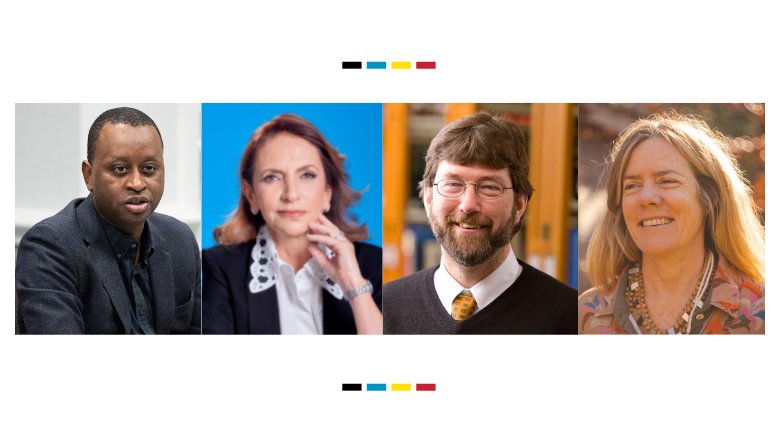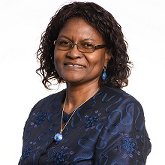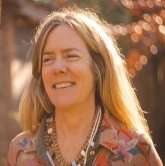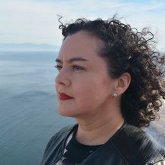By John Donnelly
In late 2020, the World Bank Board of Executive Directors created a new Dispute Resolution Service. It is housed along with the existing Inspection Panel under a new Accountability Mechanism.
There is a growing profession of specialists who work in accountability mechanisms around the world – a field that started 30 years ago with the World Bank’s Inspection Panel and now includes 23 independent accountability mechanisms at development banks. But those who have worked in dispute resolution with communities and governments, including the World Bank’s new teams, are a small subset of the larger group.
In recent years, the accountability mechanisms at the Inter-American Development Bank, the Asian Development Bank, and the European Bank for Reconstruction and Development have been among the first to attempt to resolve disputes between communities and governments through mediation. In the coming weeks or months, the outcomes of the first World Bank dispute resolution cases are expected.
With the World Bank Accountability Mechanism’s entry into this field, it’s timely to ask experts about what can be expected with this type of dispute resolution. What are the challenges? What are the opportunities?
We interviewed seven people from various backgrounds to hear their perspectives.
In a 2020 resolution, the World Bank Board of Executive Directors created a new Accountability Mechanism, which houses the Inspection Panel and a newly created Dispute Resolution Service. What were the Board’s objectives in creating the Accountability Mechanism?
Mercy Tembon, Vice President and World Bank Group Corporate Secretary:
“Through this new World Bank accountability framework the Board's objectives were aimed at maintaining the independence of the Inspection Panel, creating a new Dispute Resolution Service option for all parties, strengthening the Board’s oversight, bolstering Management’s accountability, and achieving a balanced process in the interests of the World Bank’s institutions and clients. ... The Board acknowledged that strengthening accountability is an ongoing process and thus proposed to review the reforms three years after the date of implementation to assess their effectiveness and make the necessary course corrections.”
What are some of the challenges for dispute resolution in a public sector context?
David Hunter, Professor of International and Comparative Environmental Law at American University's Washington College of Law:
“It may be that national policy makes it impossible to agree to certain compromises, but it also may be that governments can be innovative. There is more of a philosophical issue that I see, rather than anything based on a practical experience. I do believe it’s a little odd for a country to seek a mediator role for the World Bank, to negotiate between the state and its citizens. But I could be surprised. If it worked, we could create momentum for specific cases to reach agreement, but also more generally, perhaps government agencies will learn more about the impact of development by engaging in discussions with communities.”
Abdoul Salam Bello, World Bank Board Executive Director representing 23 Sub-Saharan African countries:
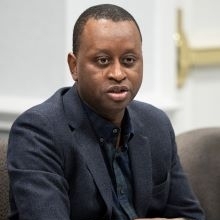
“A government may be cautious, to avoid creating the wrong precedent. If there is an obstacle that carries reputational risk for the government, there will be less of an ability to settle the case in a way that will be satisfactory to all parties. But there also are many opportunities for the public sector with dispute resolution. It can help strengthen the social contract between the government and citizens. Having the World Bank play that role of neutrality and being an honest broker will be very important going forward.”
Gina Barbieri, Ombudsperson for WWF's global network:
“One of the most commonly presented arguments against the use of dispute resolution in the public sector is: What about the sovereignty of governments? But to me, that’s an argument to use when advocating for its use. Dispute resolution is one of the primary tools an independent accountability mechanism can use while respecting the sovereignty of governments. You are not taking power away from governments. Rather, you are empowering stakeholders to resolve the dispute. And in this way you are respecting their own decision-making processes. As for whether governments are worried about setting precedents, it could be an obstacle, and it could also be an obstacle faced by the private sector. But these should not be insurmountable obstacles, with tools available to overcome these concerns.”
Karl Mackie, Senior Mediator and Founder President of the Centre for Effective Dispute Resolution:
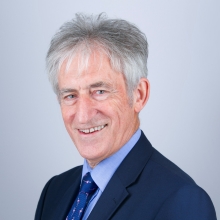
“Within the public sector, there is more resistance than there should be, and the process is often full of committees. Public processes can be bedeviled by groupthink. Perhaps more fundamentally, one roadblock is that people don’t just sit around the table and talk as soon as they should, or they don’t take the time to deal with issues before they become much larger. A lot of governments feel like conflict between parties is a distraction, a diversion, or an additional cost. But if you don’t deal with it, you face a build-up of reputational damage over time.”
From a community’s perspective – whether it’s dealing with the private or public sector – what is the thinking behind a decision to enter a dispute resolution process?
Carla García Zendejas, Director, People, Land & Resources at the Center for International Environmental Law:
“When it comes to the communities or grassroots organizations that I’ve worked with, they were very clear about what they wanted. When communities from Colombia, Nicaragua, Chile, and Panama came into a complaint process and learned about the options for either dispute resolution or compliance investigation, the decision for one or the other has been quite clear to them. When they decided for dispute resolution, it was because the community was aware that they needed to recover something, and they saw the option of dispute resolution as a process that could get them that. It’s not foreign to them to make some concessions, or to sit across the table from someone who had been an antagonist in the past, or to come up with some rules for that interaction. The community also had an understanding that it was going to be a long-term dialogue to finally try to iron out something.”
In a dispute resolution process, what is different about working with the public sector versus the private sector?
Victoria Marquez-Mees, Chief Accountability Officer at the European Bank for Reconstruction and Development’s Independent Project Accountability Mechanism:
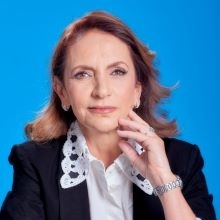
“The approach is different. With the public sector, first you have to consider that your client is a public official who acts under certain rules and rights and accountabilities within the government. They may have limitations on their role. Also, you have to consider electoral processes, where your interlocutors may change. There have been cases where public representatives have changed multiple times. Another issue is that sometimes the government representative participating in your dialogue process does not have the power to make the decision, as you would have in the private sector. Things take longer and need to be referred to a higher official and then any decision needs to be scrutinized by the legal team.”
What makes dispute resolution attractive in a dispute between a government and a community?
Victoria Marquez-Mees: “From the government perspective, one incentive is that government and public officials need to deal with the conflict they have with their citizens. The process we offer is a conflict resolution tool. This process is something that allows them to deliver results, and that in itself is very attractive.”
David Hunter: “In communities, there is an appetite for dispute resolution as a way of getting remedy. Maybe in a conflict between a community and a government, the latter will also be more amenable to sitting down with communities than companies are – either because they may feel they can control the process, or because it may be more normalized for them to be talking to the communities.”
Five years from now, what is your expectation of the Dispute Resolution Service at the World Bank?
Abdoul Salam Bello: “My expectation is not to have more cases, but to look at how the use of dispute resolution, by having it enter a dispute and attempt to resolve it, will have strengthened accountability at the local, state, and national levels of government in our countries. This is one of the outcomes I would like to see – for the Dispute Resolution Service to be a leader in strengthening accountability at various levels of government.”

